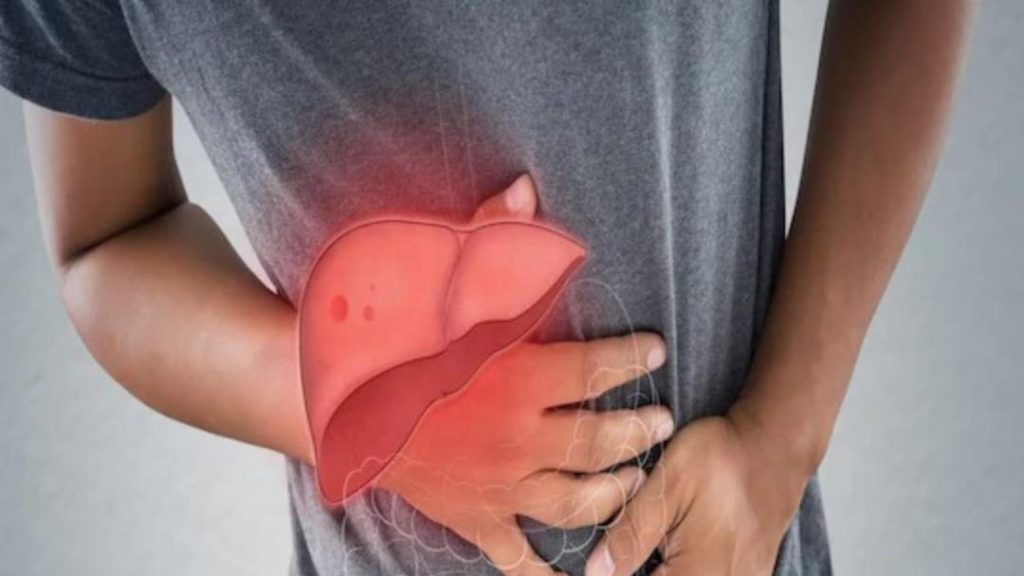
New AI Tool Can Predict Return of Liver Cancer with 82% Accuracy
Liver cancer, also known as hepatocellular carcinoma (HCC), is a leading cause of cancer-related deaths worldwide. According to the World Health Organization (WHO), liver cancer is the second leading cause of cancer deaths globally, with over 800,000 new cases diagnosed each year. One of the biggest challenges in treating liver cancer is predicting whether the cancer will return after treatment. Traditionally, doctors have relied on various methods, including imaging tests, blood tests, and tumor biopsy, to assess the risk of cancer relapse. However, these methods are often inaccurate and may not provide a clear indication of the likelihood of recurrence.
In a groundbreaking breakthrough, scientists in Singapore have developed a new AI tool that can predict with 82% accuracy whether liver cancer will return after treatment or not. The tool, called the Tumour Immune Microenvironment Spatial (TIMES) score, is a free online web portal that uses artificial intelligence to analyze the positioning of natural killer (NK) cells within the tumor. This innovative approach has the potential to revolutionize the way liver cancer is treated and monitored.
The TIMES score is a result of a collaborative effort between researchers from the National University of Singapore (NUS) and the National University Health System (NUHS). The team, led by Dr. Renganathan Murugan, used a dataset of over 1,000 liver cancer patients to develop and validate the TIMES score. The AI tool analyzes the spatial distribution of NK cells within the tumor, which are a type of immune cell that plays a crucial role in fighting cancer.
The TIMES score is calculated based on the following factors:
- The density of NK cells within the tumor
- The distribution of NK cells within the tumor
- The proximity of NK cells to the tumor’s edge
The AI tool uses these factors to generate a score that indicates the likelihood of cancer relapse. The score can be used to identify patients who are at high risk of cancer recurrence and may benefit from additional treatment or close monitoring.
The development of the TIMES score is a significant breakthrough in the field of liver cancer research. Currently, there is no widely accepted method for predicting the risk of liver cancer recurrence. The TIMES score has the potential to improve patient outcomes by providing doctors with a more accurate and reliable way to assess the risk of cancer relapse.
The TIMES score is available as a free online web portal, making it accessible to doctors and patients worldwide. The portal allows users to input patient data and generate a TIMES score, which can be used to guide treatment decisions.
The implications of the TIMES score are far-reaching. It has the potential to improve patient outcomes by enabling doctors to identify high-risk patients who may benefit from additional treatment or close monitoring. It can also reduce the need for unnecessary biopsies and other invasive procedures, which can be costly and uncomfortable for patients.
The development of the TIMES score is a testament to the power of artificial intelligence in medicine. AI has the potential to transform the way we diagnose and treat diseases, including liver cancer. By analyzing large datasets and identifying patterns that are not visible to the human eye, AI can provide doctors with valuable insights that can inform treatment decisions.
In conclusion, the TIMES score is a significant breakthrough in the field of liver cancer research. Its ability to predict the return of liver cancer with 82% accuracy makes it a valuable tool for doctors and patients alike. The TIMES score has the potential to improve patient outcomes and reduce the need for unnecessary procedures. As AI continues to transform the field of medicine, we can expect to see even more innovative solutions like the TIMES score that will improve the way we diagnose and treat diseases.
Source:






